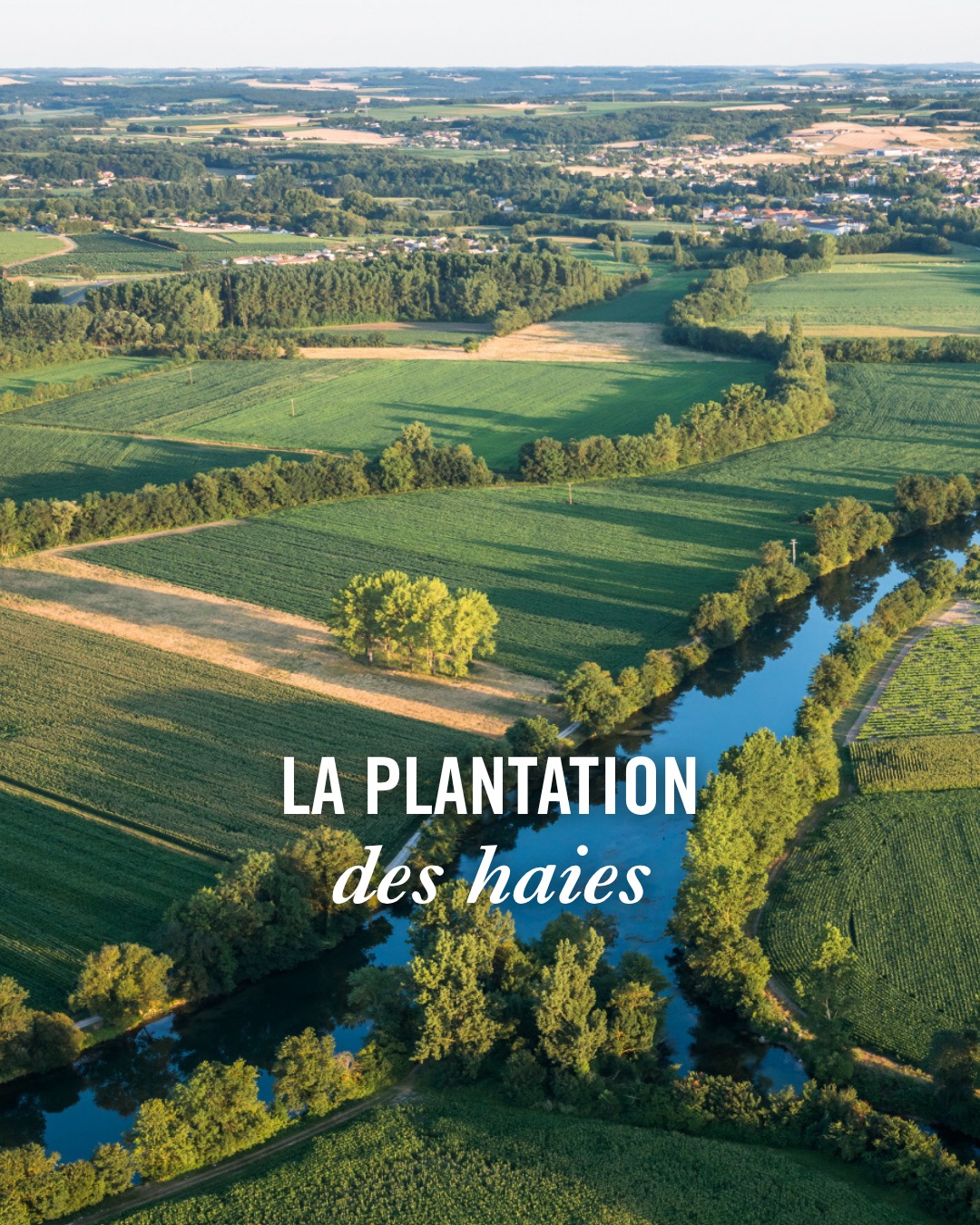Everything about the Cognac region is here | Origins
“his is an elixir of the gods, a drop of the water of life.If you cannot resist the temptation to take a drop, you will be addicted for life.”
—Victor Hugo
The cognac that made Napoleon and Hugo go gaga. What is the appeal of cognac? The essence of time and terroir in one glass. What makes Cognac so satisfying for all the senses?
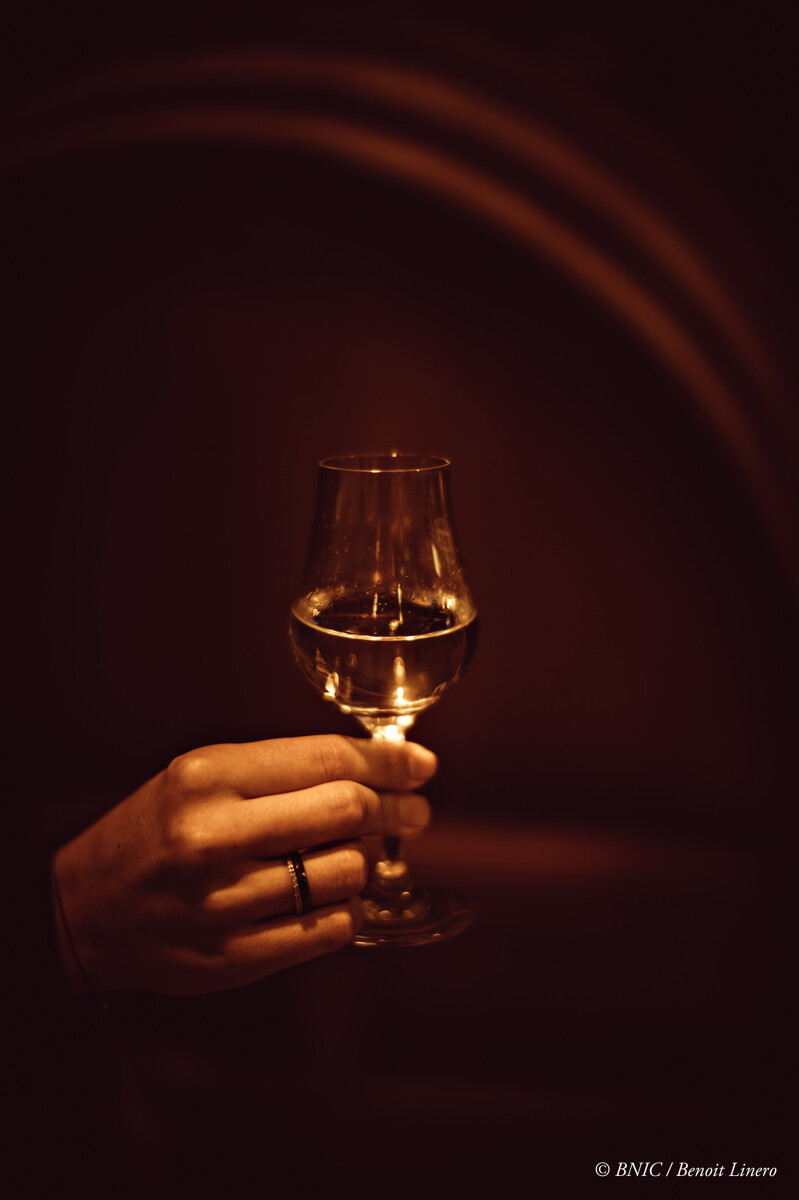
Today, join us to learn about the terroir of the production area and how it gives Cognac its natural charm.
Appellation restrictions
Not every bottle of brandy is called a Cognac

Copyright Ilnur Kalimullin via unsplash
In the Aquitaine bassin of southwestern France. Its name means "water country" in Latin. This land bordering the Atlantic Ocean. The northern part of the bassin is the main Cognac region. It includes the entire Charente-Maritime, most of the Charentes, Part of the Dordogne and Deux-Sèvres.

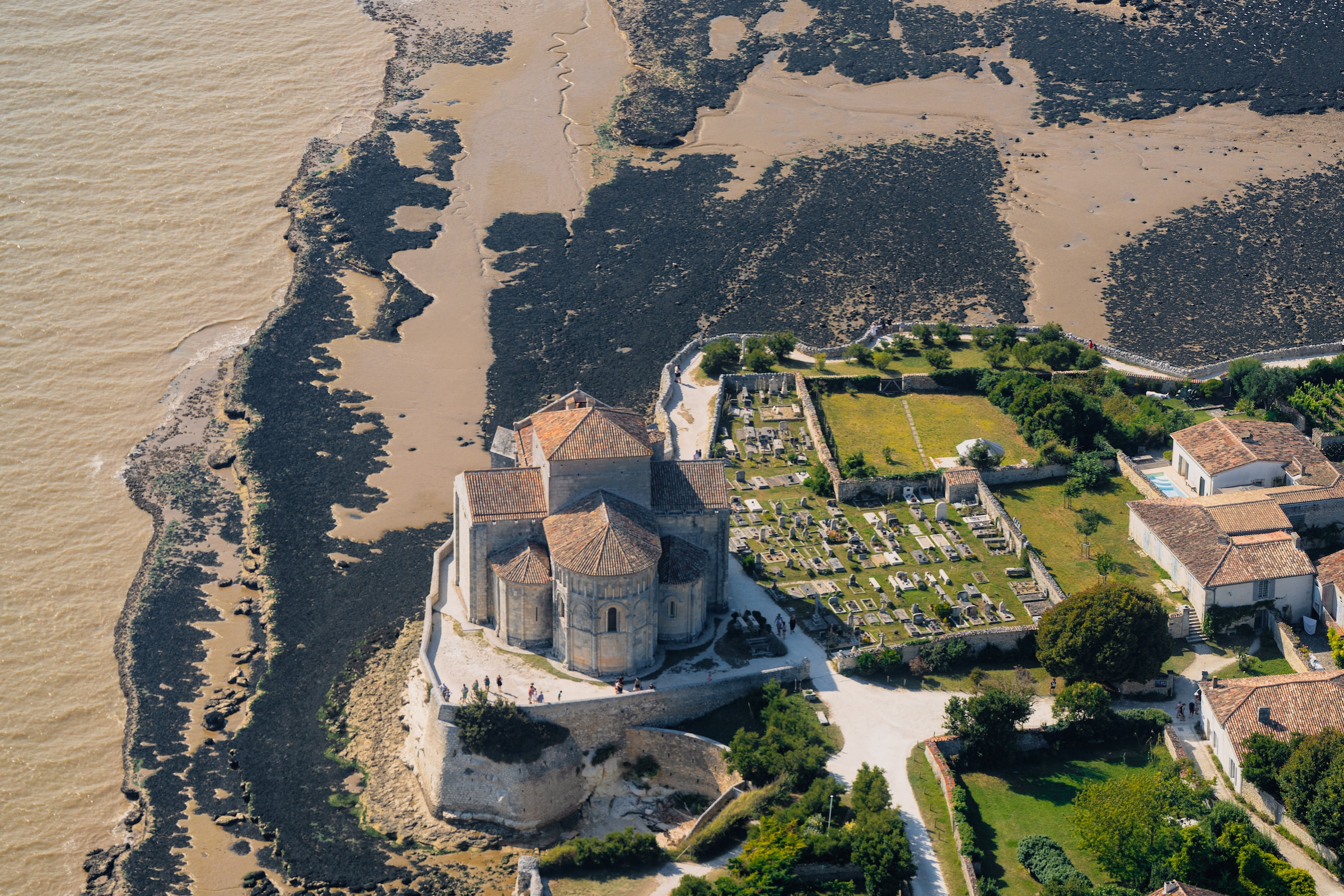
Copyright Guillaume de Germain via unsplash
A temperate maritime climate. The Cognac region has a lot of light and a large temperature difference between day and night. It helps the grapes to accumulate sugars and to develop their flavors.
The total area of the appellation is over 1 million hectares. Around 93% of this area is used for cognac production. Excellence is the key to quality.
Six sub-production areas
One soil, one taste
The 1938 regulations divided the Cognac region into 6 sub-appellations. Each sub-appellation produces a different type of cognac with different soil characteristics.

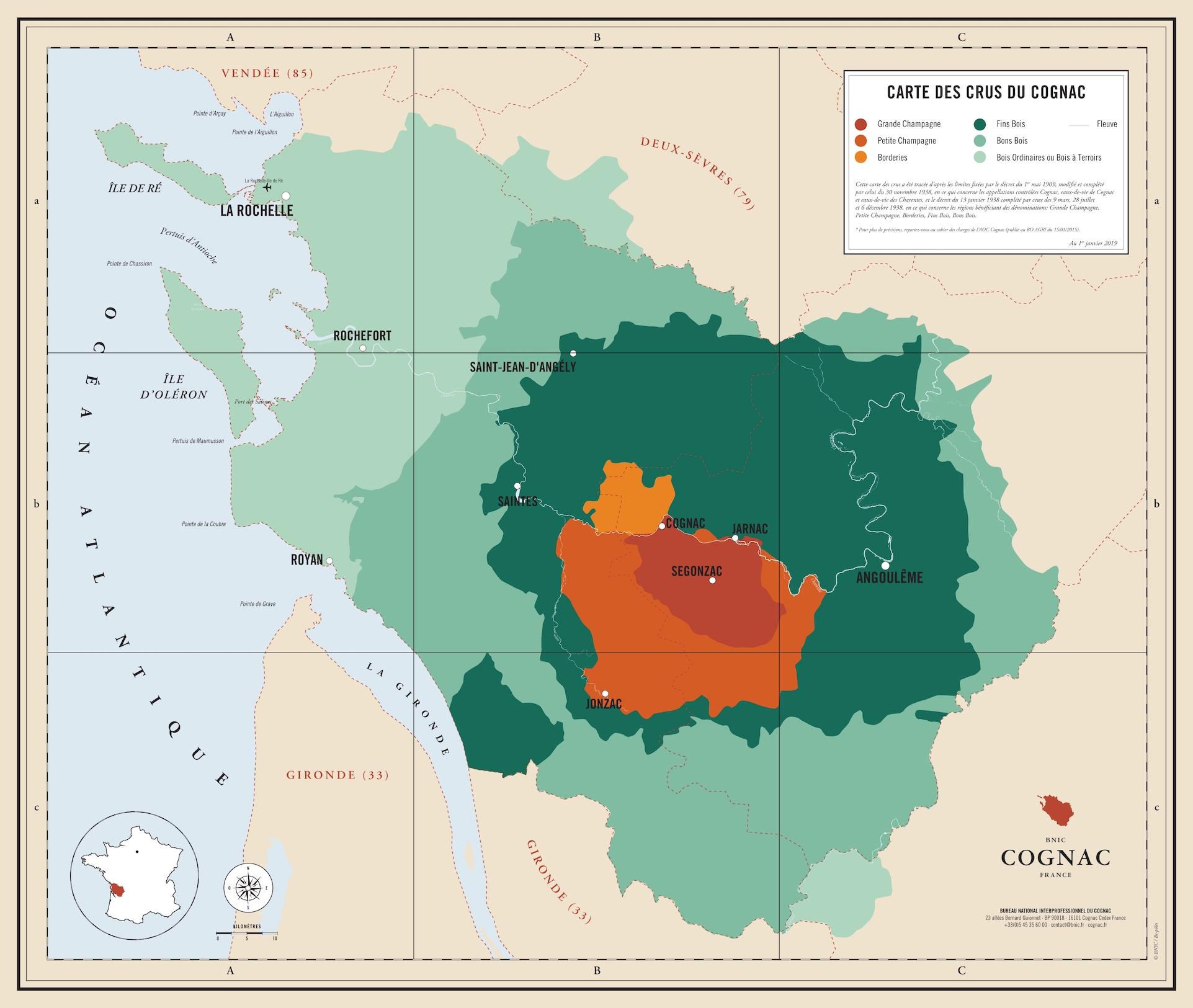
—Champagne—
Loose, thin chalky clayey soils. Up to 60% limestone content in the lower layers. Ideal soil structure for the fertility of this land.
Champagne(La Grande Champagne)
14 372 hectares of Cognac vineyards. Delicate and floral cognacs
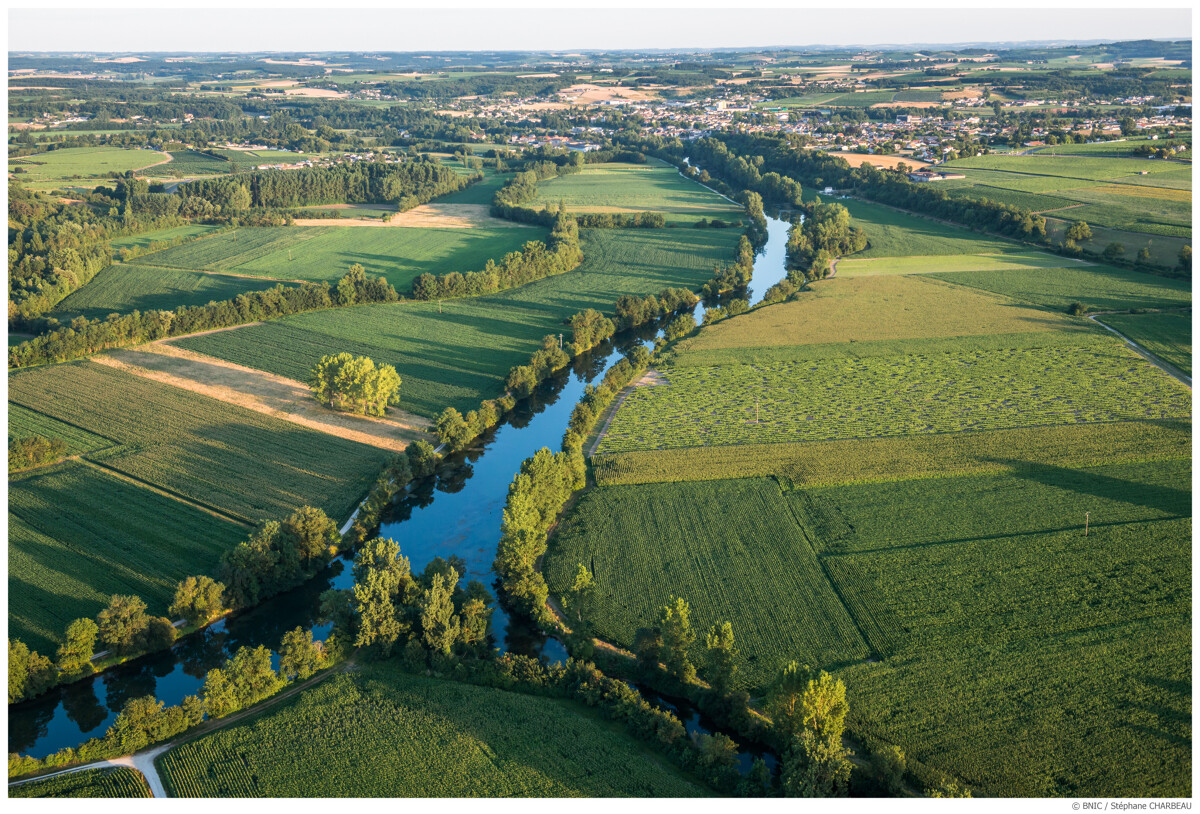
Petite Champagne(La Petite Champagne)
17 506 hectares of vineyards. Cognac with a fine and light texture.
—Les Borderies—
The soils are mainly composed of clay and flint formed by limestone fragments. 4,368 hectares of vineyards. Fine and rounded wines with violet aromas
Les Fins Bois
36,164 hectares of vineyards. Soil composed mainly of chalky decalcified clay. Round and soft, with fresh berry notes.
Les Bons Bois
9 863 hectares of vineyards. High sand content in the soils, with a fruity bouquet.
Bois a Terroir / Les Bois Ordinaires
866 hectares of vineyards. Sandy and gravelly soils, with a distinctly coastal character to the cognacs


Copyright Les Argonautes via unsplash
White Yoni Grape
The Soul of Cognac
There are around 4,300 winegrowers in the Cognac appellation,producing white wines for Cognac production. Ugni Blanc is the main grape. It is sufficiently acidic to promote aromas. It is not very sugary, has little retention in the evaporation and concentrates the aromas blended with Folle Blanche. It also brings out surprising flavors at every sip and taste
Hedgerow Planting, Shaping the Sustainable Terroir
Safeguarding the vines, nature and time of Cognac




